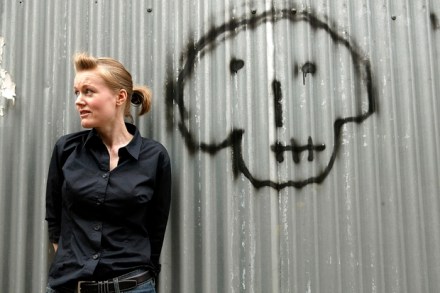The last word
More from BooksNicola Barker is both prodigiously talented and admirably fearless. I have loved her books. But for some time I had little or no idea what the point of the story of Sri Ramakrishna was. In fact he was one of the outstanding men of 19th-century India. Characteristically of Barker, the narrative of her latest book






























